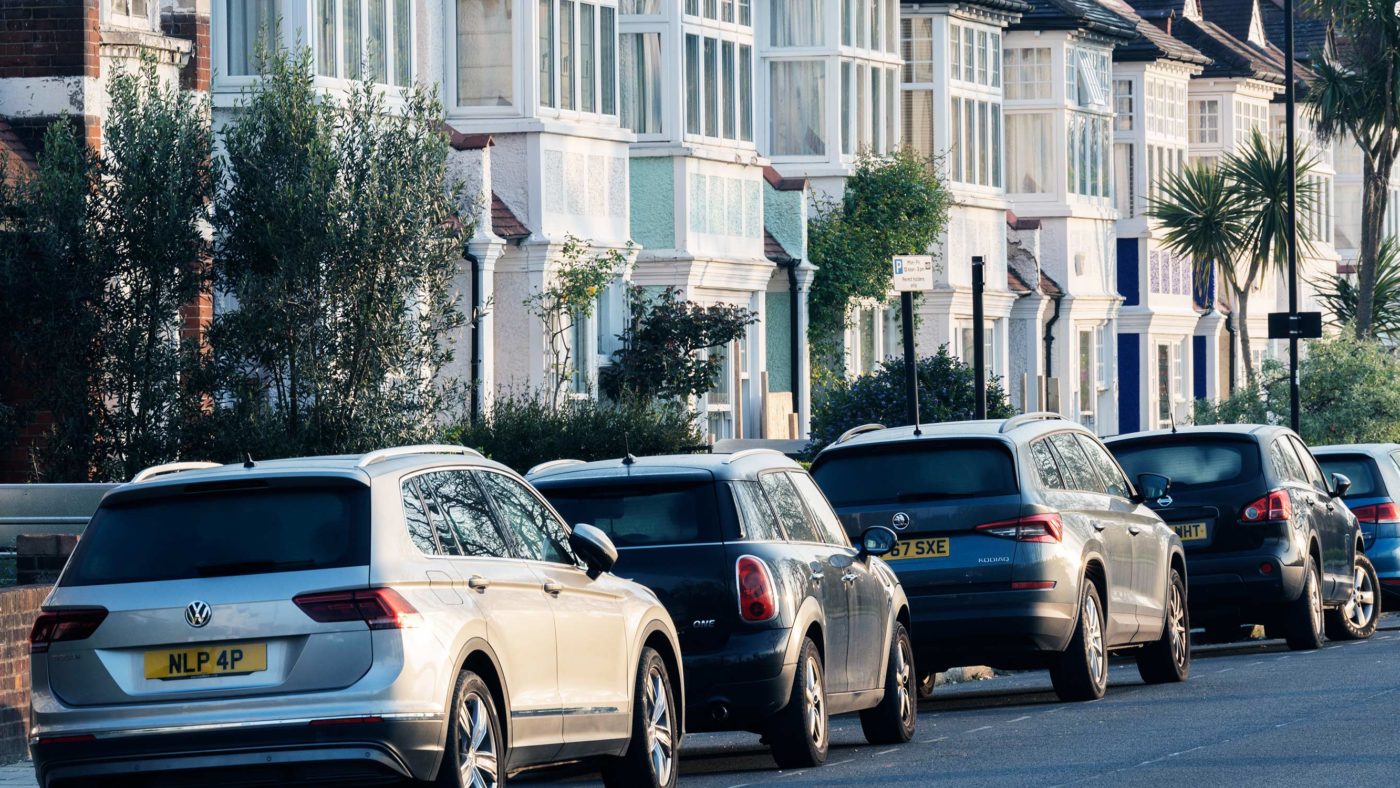Among the slew of misinformed articles about the Queen’s Speech and ‘street votes’ this morning, we can discern a kernel of truth.
Over the past few years, an enormous cross-party list of well-informed figures have called for trials of the policy and, finally, the Government has agreed. We should welcome that decision. It means that we will at last find out whether ‘street votes’ can produce more and better housing and improve our towns and cities, by giving communities at a very small scale the power to allow more development where there is overwhelming support among residents.
Many will dislike some of the Queen’s Speech. Many would have wished for more. I do not endorse it wholesale. But for once we have a Government that has not only realised the magnitude of the housing crisis and the problems of the current planning system, but which has also understood that political obstacles have blocked or ruined almost every major planning reform in living memory.
It has now proposed a potential way to turn Nimbys into Yimbys. For that I am grateful, not only to Levelling Up Secretary Michael Gove, but to the tremendous army of volunteers of different parties, backgrounds and interests who have found common cause in constructive reforms to improve communities and housing.
So what exactly are street votes?
Put simply, they are a way for small communities to agree on a plan for what additional development should be allowed on their street, or along the disused service alley surrounded by a block of houses. For a plan to be passed, at least two thirds of residents must agree to it. Tenants get the vote, not absentee landlords. And the development would be subject to strict conditions to ensure that it does not affect others.
They might decide to permit certain additional designs of extensions; granny cottages on the site of disused garages; homes in gaps between existing; or even, if the residents of the street are ambitious enough, terraced houses or mansion blocks to replace run-down ill-maintained stretches of unremarkable post-war houses. Street votes are purely a supplement to the existing planning system. They do not replace it.
In all honesty, the vast majority of streets will probably never want to approve more change – the thinktank Policy Exchange estimated uptake at no more than 2%. But some will, and in doing so they can help themselves while adding more housing and improving their area. They can bring more custom to struggling high streets. and provide generous additional funding for councils to spend on local needs and amenities through the proposed levy on the uplift in value.
We cannot be sure that this will work unless we try, but we do know that complaints by people who have clearly not read the strict proposed rules to ensure that street votes give positive results should be dismissed. Complaints that increasing housing supply will increase house prices should also be dismissed as simply crankish. And those suggesting the Government should instead be ramming through an enormous housebuilding programme betray their sketchy knowledge of the history and politics of planning reform.
The idea that we should not even try this low-risk, low-cost option is the ultimate embodiment of ‘cheems mindset’. Ignoring the vast swathe of planning, architectural, community and environmental expertise who recommend such trials is foolish, if not foolhardy.
Mr Gove is right to be willing to innovate. He is right to understand that many Nimbys can be Yimbys, given the right powers and incentives. And he is right to understand, as social scientist Elinor Ostrom won a Nobel Prize for showing, that communities can achieve extraordinarily powerful and beneficial results if they are given the space in which to do so.
Click here to subscribe to our daily briefing – the best pieces from CapX and across the web.
CapX depends on the generosity of its readers. If you value what we do, please consider making a donation.


